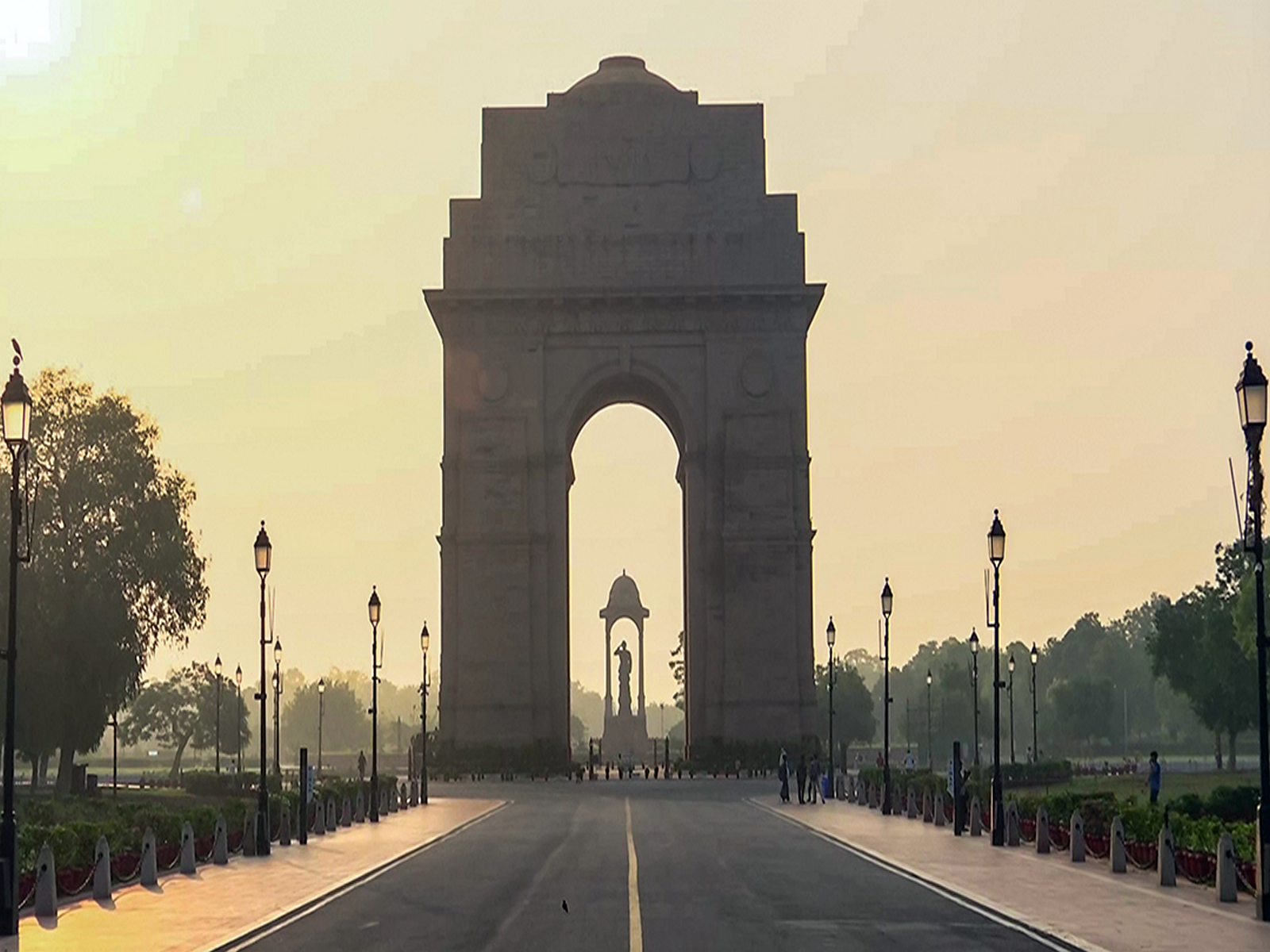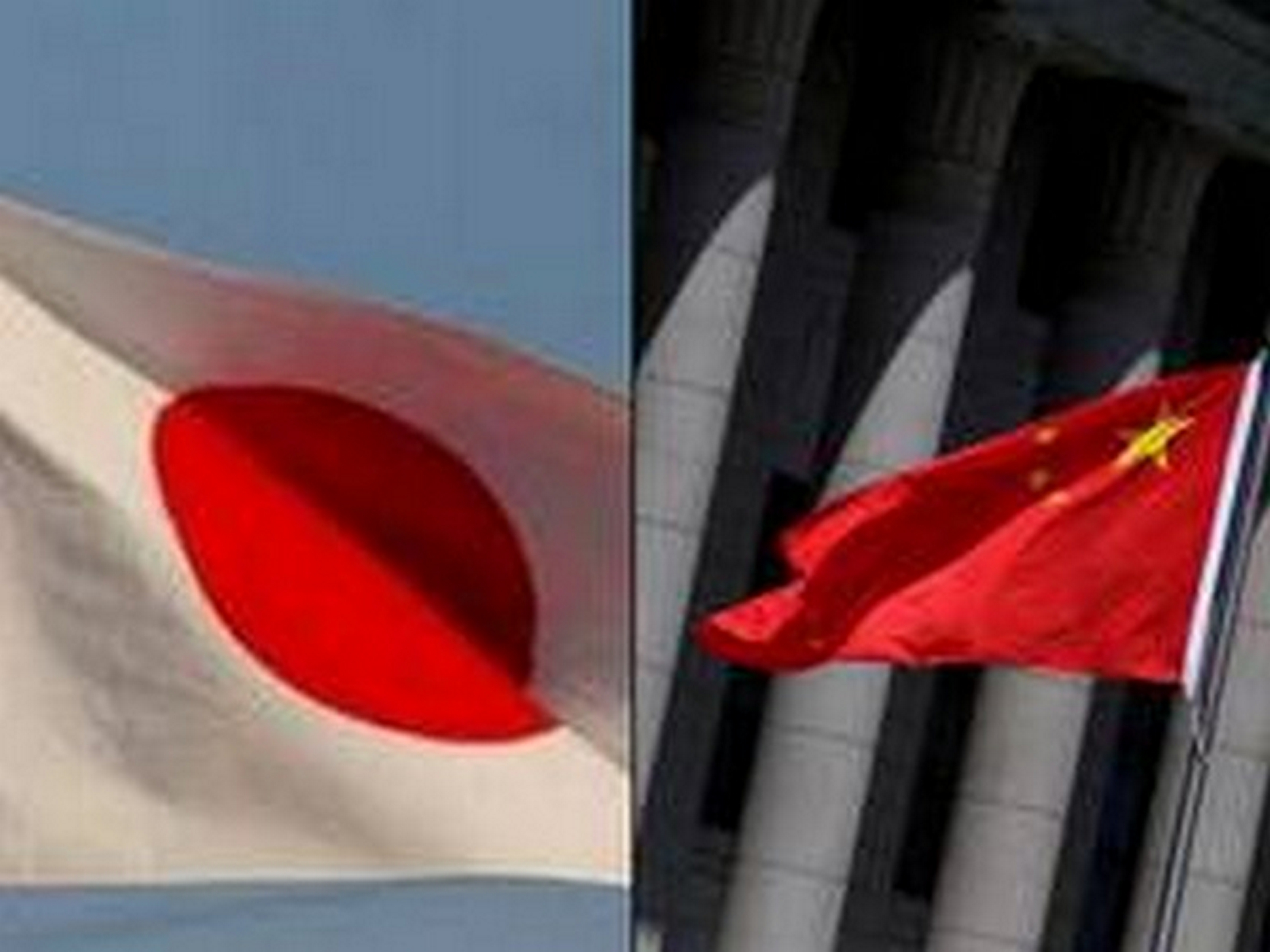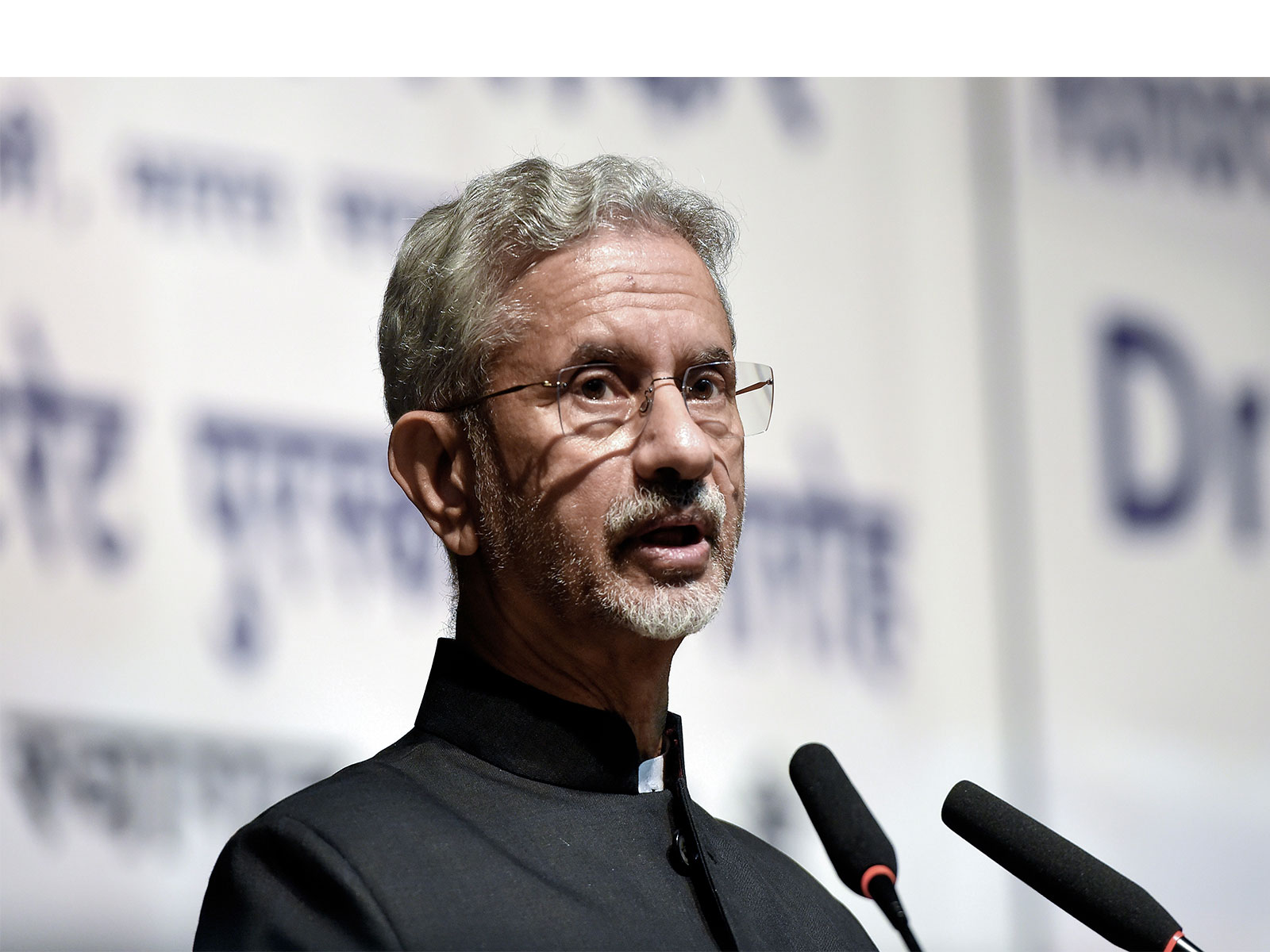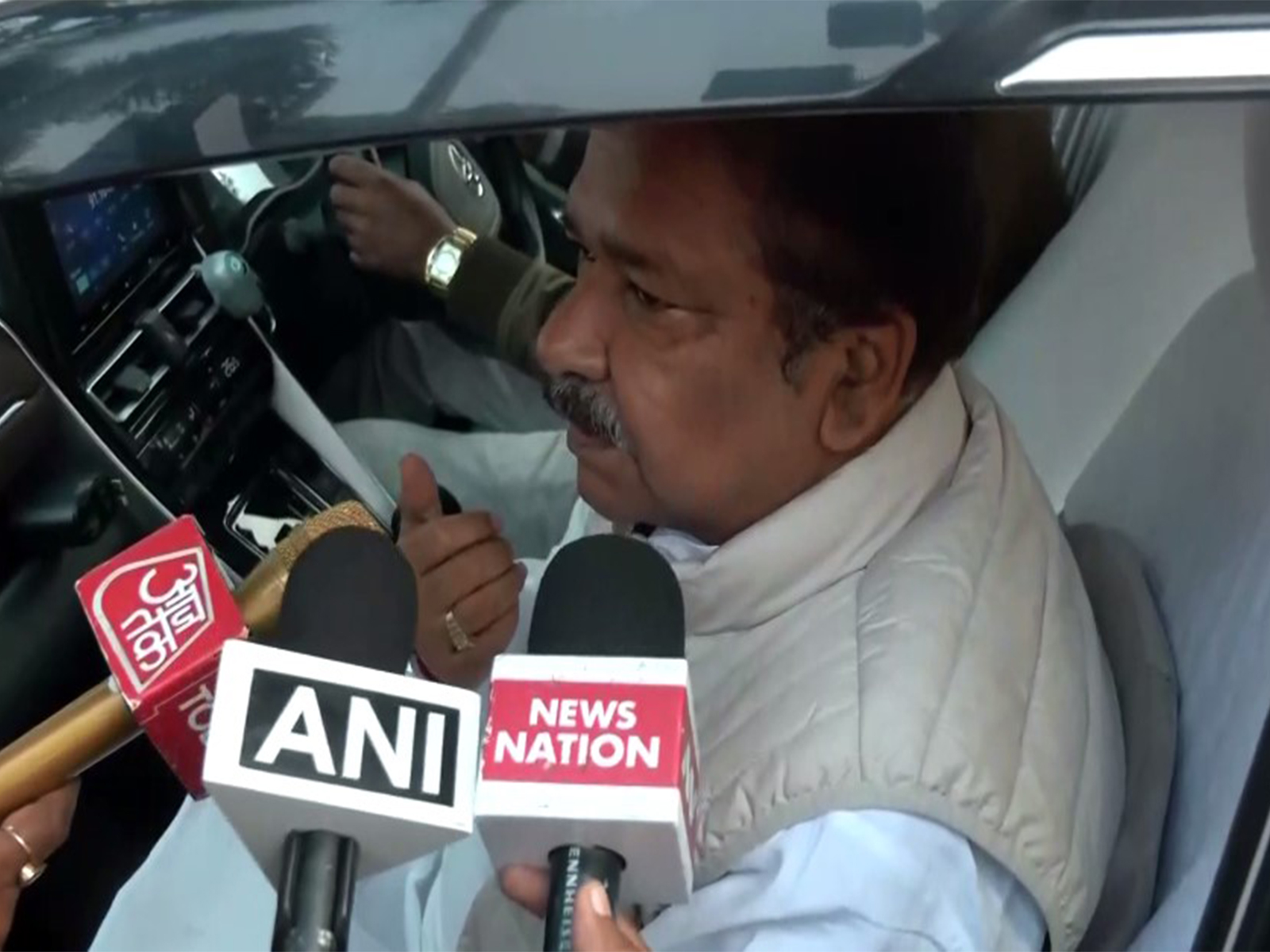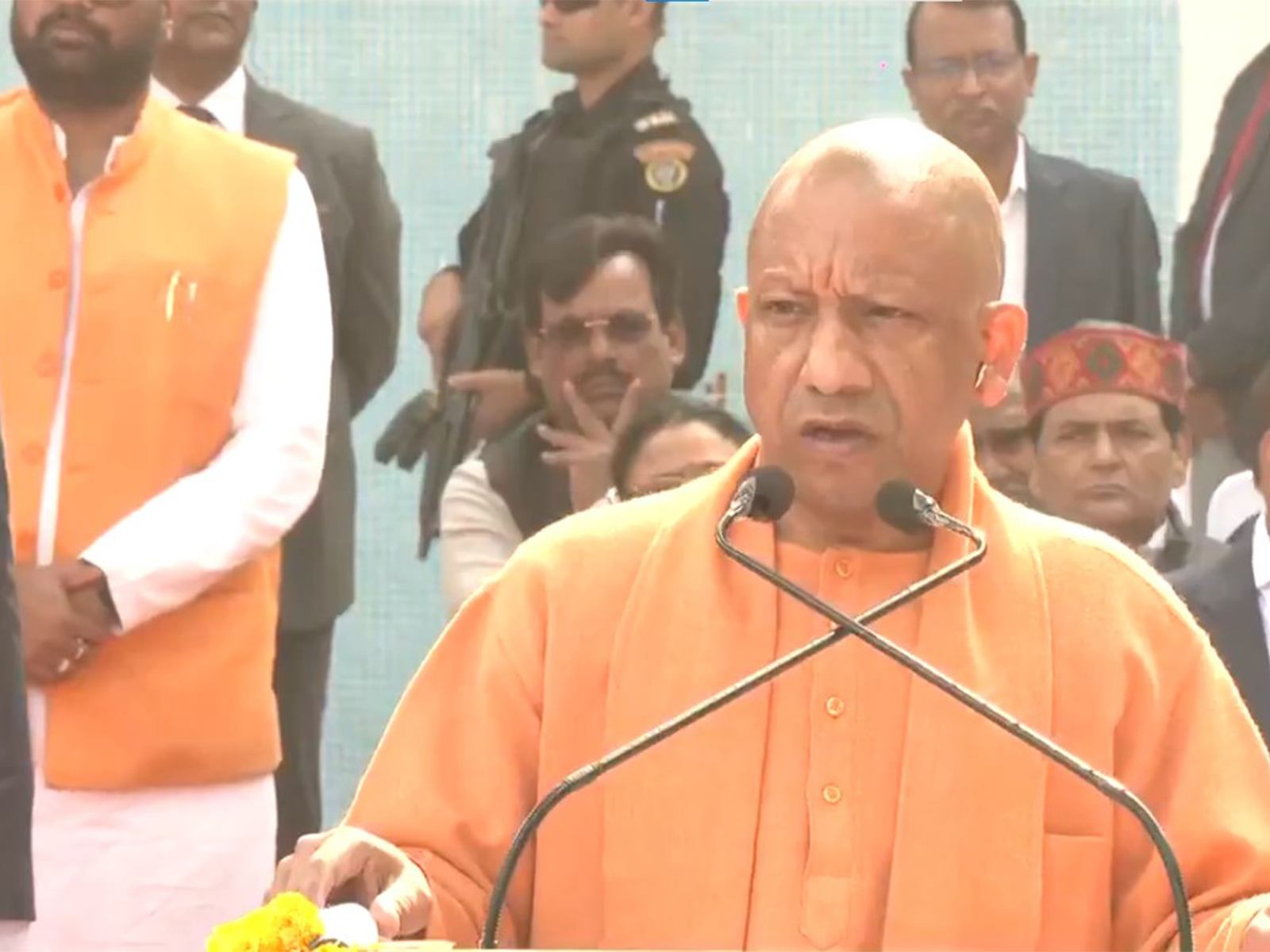SIPRI report: Global military spending surges amid rising geopolitical tensions, India's defence budget increases
Apr 22, 2024

New Delhi [India], April 22 : The Stockholm International Peace Research Institute (SIPRI) report highlights that the increase in military spending is a response to the global deterioration in peace and security, with states prioritizing military strength amid rising tensions and insecurity.
India's Defence Budget for the Financial Year 2024-25 has reached an unprecedented Rs 6,21,540.85 crore, marking a substantial increase over the past five years.
The budgetary allocation represents a remarkable surge, with approximately one lakh crore (18.35 per cent) more allocated compared to FY 2022-23, and a 4.72 per cent increase from the allocation for FY 23-24.
This surge in India's defence spending aligns with a broader global trend of escalating military expenditures. According to new data published by the Stockholm International Peace Research Institute (SIPRI), total global military expenditure reached USD 2443 billion in 2023, marking a 6.8 per cent increase in real terms from the previous year.
Global military expenditure in 2023 witnessed its steepest increase in over a decade, reaching an all-time high of USD 2.4 trillion, according to a new report by the Stockholm International Peace Research Institute (SIPRI).
The report highlights that the surge in military spending reflects growing geopolitical tensions and insecurity worldwide. The USD 2.4 trillion expenditure represents a significant rise of 6.8 per cent in real terms from the previous year, marking the highest year-on-year increase since 2009.
The 10 largest spenders in 2023, including the United States, China, and Russia, all recorded significant increases in military spending.
Furthermore, military expenditure rose in all five geographical regions defined by SIPRI, with particularly large increases seen in Europe, Asia and Oceania, and the Middle East. In the Middle East, military spending saw the highest annual growth rate in the past decade, fueled by war and tensions in the region.
India, ranking as the fourth largest military spender globally in 2023, allocated USD 83.6 billion to its military, marking a 4.2 per cent increase from the previous year.
This reflects India's commitment to enhancing its defence capabilities amid evolving security challenges.
Military spending increased in all five geographical regions defined by SIPRI, with particularly large increases recorded in Europe, Asia and Oceania, and the Middle East.
The report indicates that the 10 largest spenders in 2023, led by the United States, China, and Russia, all increased their military spending. The United States alone accounted for the largest share of global military expenditure, spending USD 916 billion, representing 38 per cent of the global total.
China, the world's second-largest military spender, allocated an estimated USD 296 billion to its military in 2023, marking the 29th consecutive year-on-year rise in its military expenditure. China's military spending accounted for half of the total military spending across the Asia and Oceania region.
Russia's military spending increased by 24 per cent to an estimated USD 109 billion in 2023, making up 16 per cent of its total government spending and representing a 57 per cent rise since 2014.
The report also highlights the significant growth in military spending in the Middle East, which increased by 9.0 per cent to reach USD 200 billion in 2023. This growth, the highest annual rate in the region in the past decade, reflects escalating tensions and conflicts in the region.
As geopolitical tensions continue to rise globally, countries are allocating greater resources to their military, reflecting a broader trend towards increased militarization and strategic competition.
India's substantial investment in defence signals its readiness to address emerging threats and safeguard its national interests in an increasingly uncertain geopolitical landscape.
"The use of the military to suppress gang violence has been a growing trend in the region for years as governments are either unable to address the problem using conventional means or prefer immediate--often more violent--responses," said Diego Lopes da Silva, Senior Researcher with SIPRI's Military Expenditure and Arms Production Programme.
With escalating military spending worldwide, the trajectory of global security dynamics is likely to remain a central concern for policymakers in the years to come.


